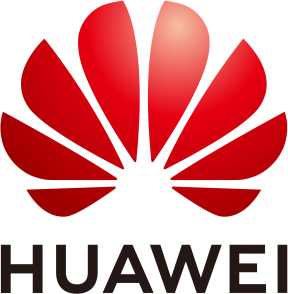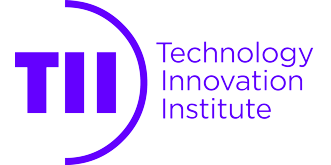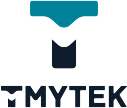The ability to provide connectivity to a massive number of low-power, low-complexity devices will play a pivotal role in the definition of next generation 6G systems, targeting a variety of diverse internet-of-things verticals enriched by the non-terrestrial segment. In this context, grant-free multiple-access protocols are a fundamental enabler in serving a dynamic population of devices that share the same communication medium to transmit in sporadic and unpredictable patterns. While traditional random-access protocols often treat collisions as wasteful, recent years have seen ground-breaking developments in the vision of beyond-5G and 6G communications. These new approaches, often categorized under the broad name of unsourced massive access, offer an entirely different perspective on grant-free protocols by constructively embracing interference, and have triggered a large amount of research in the past few years. Research in the field is further buttressed by clearly defined market-driven goals from the industry, in the quest for highly reliable, highly efficient, low-complexity access solutions for a massive number of devices. The road towards 6G and more generally IoT communications represent only some relevant application examples where upcoming research has the potential to leave a fundamental mark.
The goal of this workshop is to stimulate new contributions to the topic, with an emphasis on cross-layer interactions between the MAC and PHY layers of the protocol stack, as well as on the connections to coding theory. Additionally, we seek to explore the integration of machine learning techniques in the design and optimization of these protocols, unlocking innovative approaches to further enhance network efficiency and adaptability in the rapidly evolving landscape of 6G and IoT communications.
Topics of interest include, but are not limited to:
- Multiple access techniques for massive 6G radio access networks
- Fundamental limits on massive random access
- Hybrid random/deterministic access protocols
- Signal processing for successive interference cancellation with random access
- Unsourced random-access protocols for IoT communications
- Machine learning/artificial intelligence aided for massive access networks
- Random access protocols for real-time applications
- Ultra-reliable uncoordinated/coordinated access for critical communications
- Efficient access schemes for very short-packet communications
- Energy efficient MAC-PHY spatial processing
- Channel estimation and user detection in massive access protocols
- Medium access strategies for IoT connectivity in non-terrestrial networks
- Information freshness and data significance in massive connectivity
IMPORTANT DATES
- Full paper submissions:
22 Dic. 202307 Jan. 2024 (Extended)14 Jan. 2024 (Firm) - Notification of acceptance:
15 Jan. 202426 Jan. 2024 - Final manuscript: 02 Feb. 2024
SUBMISSION LINK
EDAS submission link: submit here








